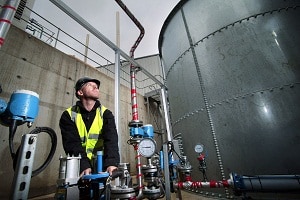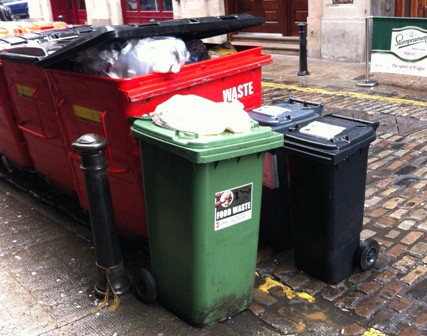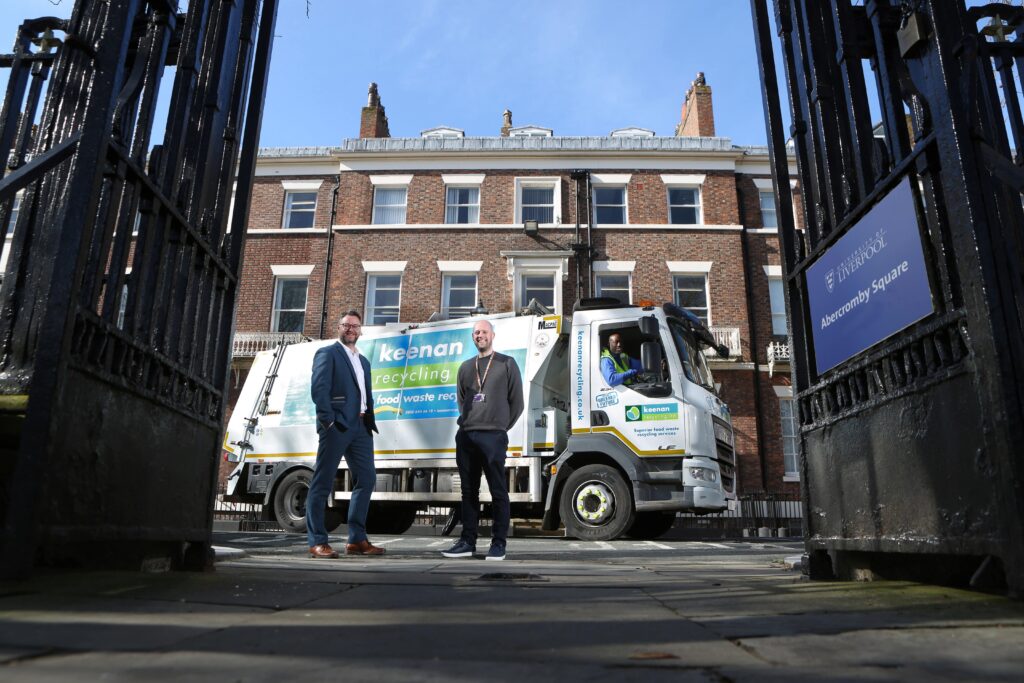The amount of food waste treated at Scottish anaerobic digestion plants may have increased by as much 15,000 tonnes in the period since November 2013, Zero Waste Scotland has revealed.
The surge in tonnages, estimated to be between an increase of between 10-20% on that collected during the same period 12 months previously, has coincided with the roll out of the Waste (Scotland) Regulations, which came into effect on January 1 this year.

Under the legislation, Scottish businesses are expected to take all reasonable steps to ensure separate collection of all dry recyclables, while those in urban areas producing over 50kg of food waste must also present it for collection.
Overall, a total of 91,500 tonnes of food waste is estimated to have been processed at Scotlands AD facilities since November.
However, Zero Waste Scotland the government-funded organisation that has played a key role in imposing the legislation has said that the figure does not include AD plants that have opened in recent months, so the total figure may in fact be higher.
Anecdotally, it also reports in-vessel composters in Scotland have seen a similar increase in the amount of waste received for processing.
Impact
Iain Gulland, director, Zero Waste Scotland said: Earlier this year we announced that eight-out-of-ten businesses surveyed were aware of the new Waste (Scotland) Regulations, with nine-out-of-ten confident that they were compliant. Thats a great indication that the message is out there and the regulations are working.
There is of course still a challenge to reach businesses that arent yet aware of the regulations. We can help companies to become compliant through our free Resource Efficient Scotland advice service. Companies can also check if their waste contractor has signed up Scotlands Resource Sector Commitment a voluntary scheme.
Meanwhile, AD operators in Scotland have backed up the reported surges in food waste. The Deerdykes organic recycling site outside Cumbernauld which has the capacity to process up to 30,000 tonnes of food waste a year has experienced a jump in the amount received.
Scottish Water spokesman Stewart Cooper said: At Deerdykes we have seen a jump from around 18%, although most of the waste comes from local authorities which make up the majority of supply. The jump has occurred since the regulations came into place.

Similarly, waste management firm Shanks has also reported a surge in tonnages of food waste delivered to its 150,000 tonnes-per-year Cumbernauld AD plant, which was opened in 2011 (see letsrecycle.com story).
In its full year financial results for 2013/14, published last month, the firm stated: In the UK, the Zero Waste Scotland initiative has also demonstrated the impact of government action in promoting waste diversion, with an increase in organic waste tonnages delivered to our Cumbernauld AD facility.
‘Paradigm shift’
Elsewhere, waste management firm Viridor commented that the Regulations have heralded a paradigm shift in the way Scotlands waste is handled.
Related Links
Graeme Milne, the companys Scottish strategic sales manager said: Scotlands business and public sector is aware and engaged which is reflected in research from Zero Waste Scotland. Thats due to heavy investment in awareness campaigns, with Viridor alone targeting 30,000 business across Scotland. Weve worked hard to keep things simple minimising cost and disruption and investing in next generation recycling infrastructure.
It is work that is paying off – from corner shops using Viridors simple 1, 2, 3, (4) regulation ready system to corporates, colleges and Universities getting recycling sorted. Work with one large public sector partner alone has boosted recycling from 16% to over 70%. Thats progress.











Subscribe for free